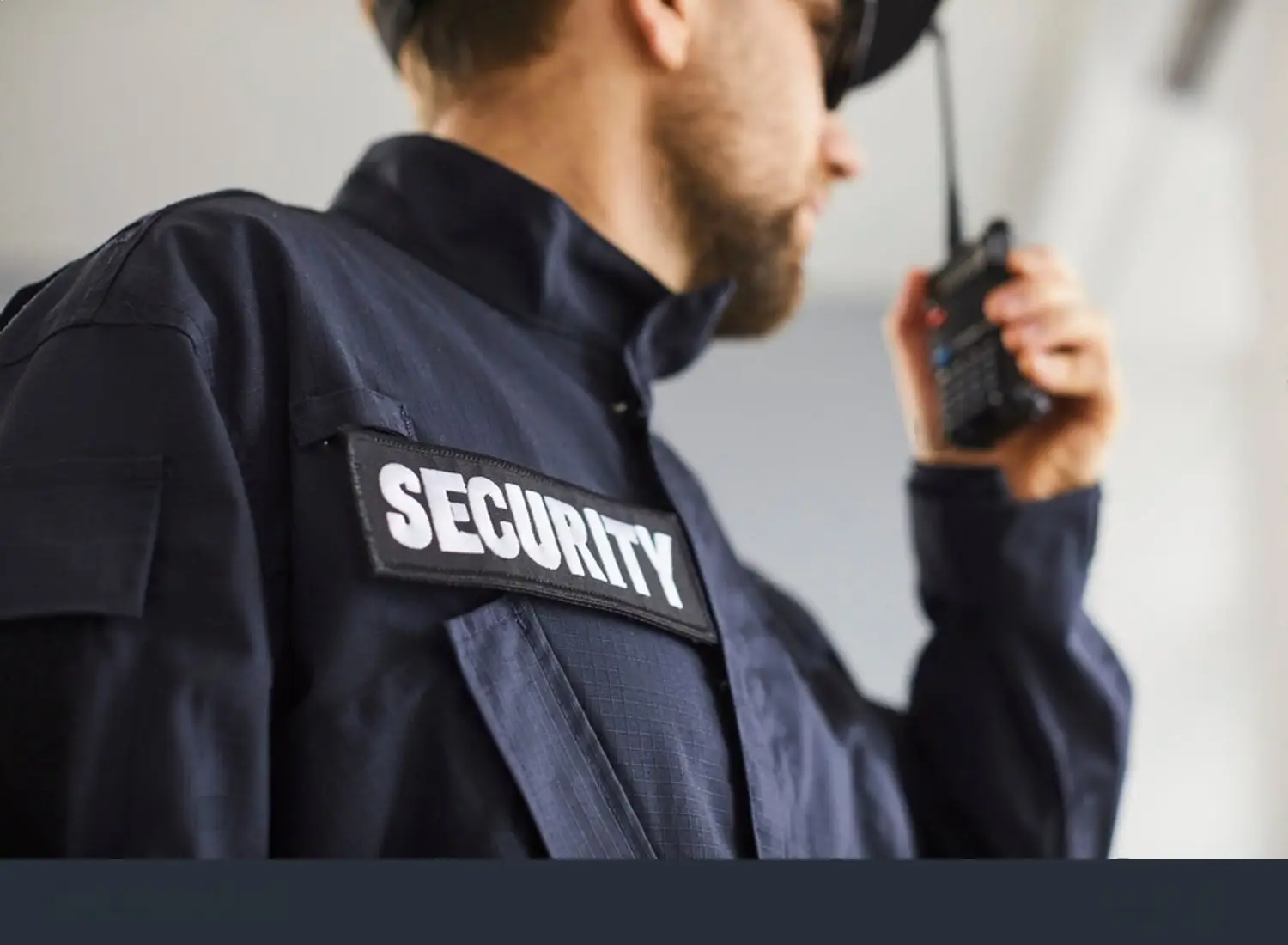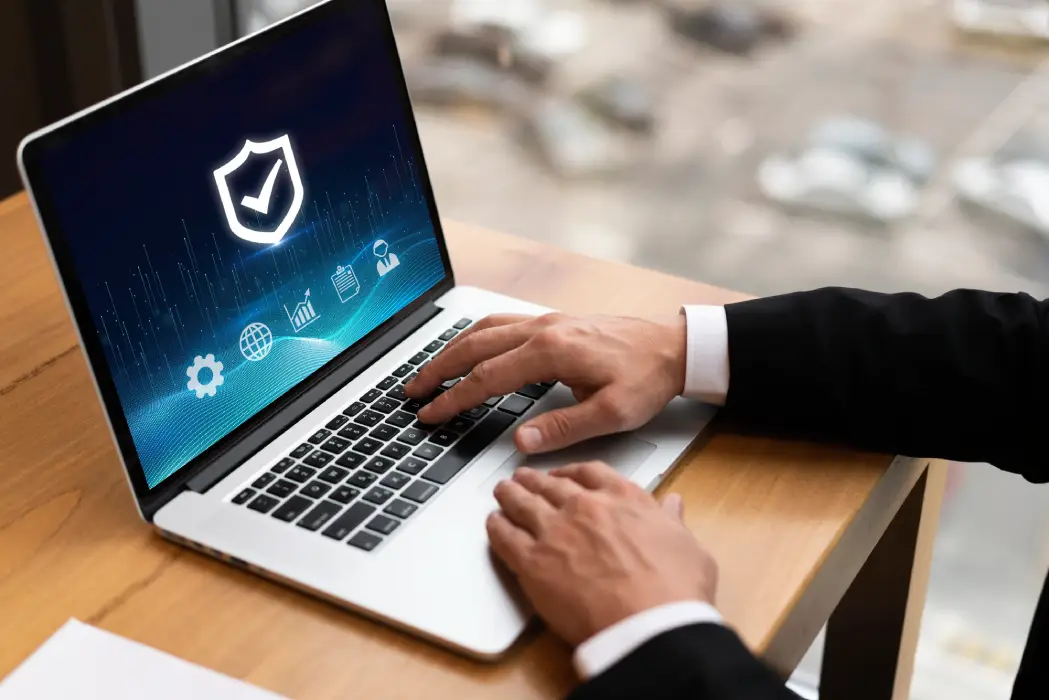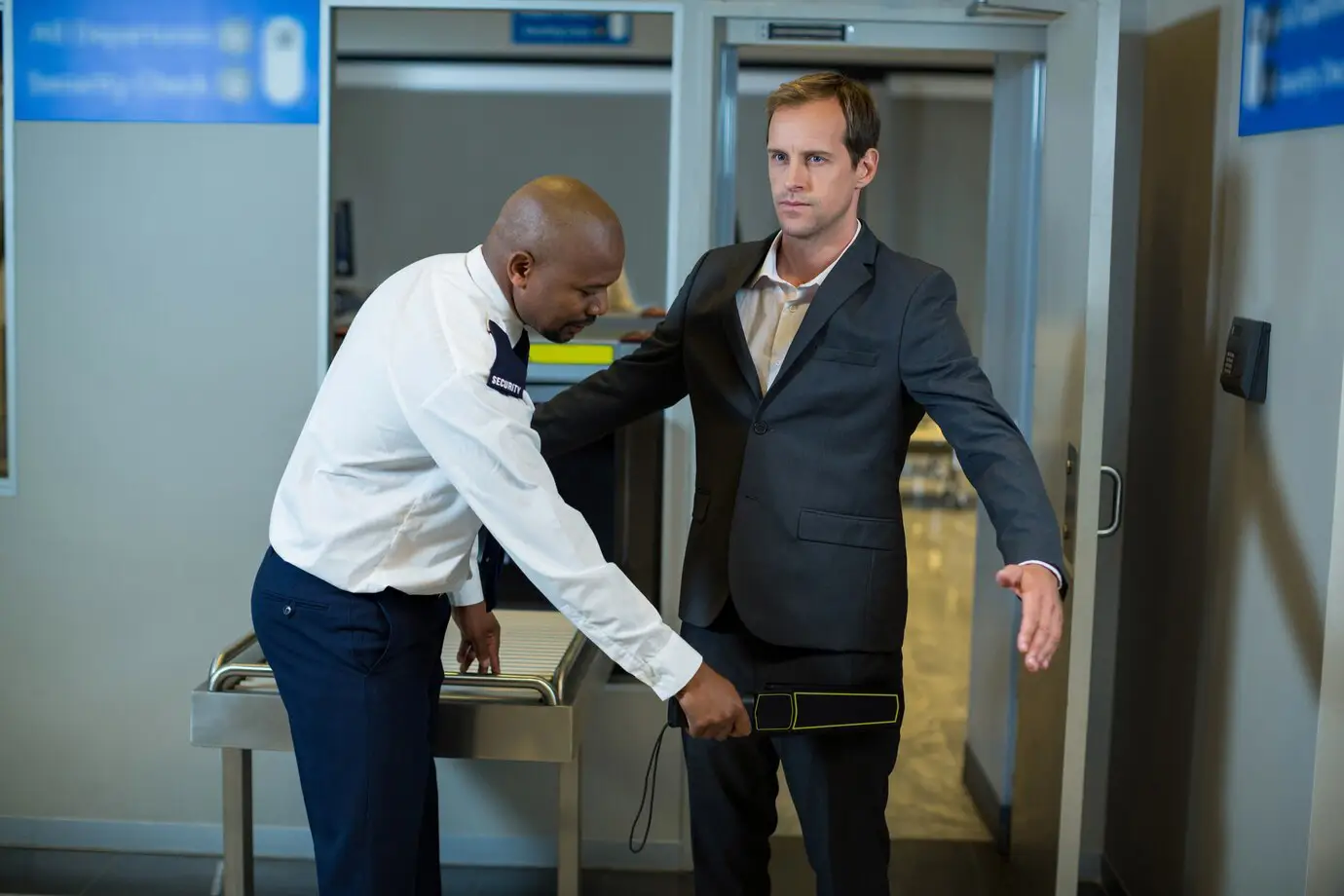
What Happens During an SIA Audit?
By London Security College Is Your Licence Near to Expire? SIA Refresher Training + First
Home » Security Guard Convicted for Using Fake SIA Licence
SIA Refresher Training + First Aid– Keep Your Licence Active! Only £199
The recent conviction of a security guard for using a fake SIA licence serves as a stark reminder of the importance of proper licensing and compliance within the UK security industry. For security professionals and those aspiring to join the sector, this case highlights the serious consequences of failing to meet legal requirements.
At London Security College, we are committed to educating security officers on industry best practices, legal compliance, and ethical responsibilities. In this blog, we will explore:
A security guard was convicted for using a fraudulent Security Industry Authority (SIA) licence, raising serious concerns about the integrity of licensing in the security sector. The SIA, which regulates the private security industry in the UK, ensures that all security personnel meet strict training and vetting requirements before they are issued a licence.
The convicted individual had reportedly used a counterfeit licence to secure employment as a security officer, a role that demands trust, professionalism, and legal accountability. Upon discovery, the individual faced legal action, loss of employment, and a criminal record—a cautionary tale for all security personnel.
Using a fake SIA licence is a criminal offence under the Private Security Industry Act 2001 and can result in:
✅ Prosecution and Conviction – A fake licence is considered fraud, which can lead to fines, imprisonment, or both.
✅ Permanent Ban from the Security Industry – Individuals caught using fraudulent licences may be permanently disqualified from working in the sector.
✅ Loss of Reputation – A criminal record affects future job opportunities, making it difficult to secure employment in any industry requiring background checks.
✅ Employer Consequences – Employers who fail to verify an SIA licence before hiring a security officer may also face penalties.
All security professionals must hold a valid SIA licence. To check the legitimacy of your licence:
Hiring companies must verify the SIA licence of every security guard before employment. Employers can:
The SIA frequently updates its licensing requirements. Security officers should stay informed about:
If you suspect someone is using a fake SIA licence, report it to:
📌 SIA Enforcement Team – www.sia.homeoffice.gov.uk
📌 Local police – Dial 101 for non-emergencies
📌 Crimestoppers – Call 0800 555 111 anonymously
Security officers play a critical role in public safety. Whether working in retail security, door supervision, or corporate environments, being properly trained and licensed ensures that security professionals can:

By London Security College Is Your Licence Near to Expire? SIA Refresher Training + First

By London Security College Is Your Licence Near to Expire? SIA Refresher Training + First

By London Security College Is Your Licence Near to Expire? SIA Refresher Training + First

By London Security College Is Your Licence Near to Expire? SIA Refresher Training + First
London| Birmingham| Manchester | Leeds | Glasgow | Sheffield
London Security College is the leading supplier of SIA Licence courses in London. We excel in SIA Courses such as SIA Door Supervisor Course, SIA Top Up Training, SIA CCTV Surveillance Course, First Aid Courses, Traffic Marshal Banksman Course Online, and Forklift Training Course.
“It is impossible for a man to learn what he thinks he already knows”
London Security College
International House,
24 Holborn Viaduct,
London, EC1A 2BN
020 8050 4108
Copyright © LONDON SECURITY COLLEGE is a training and hiring platform

Fill in the form below